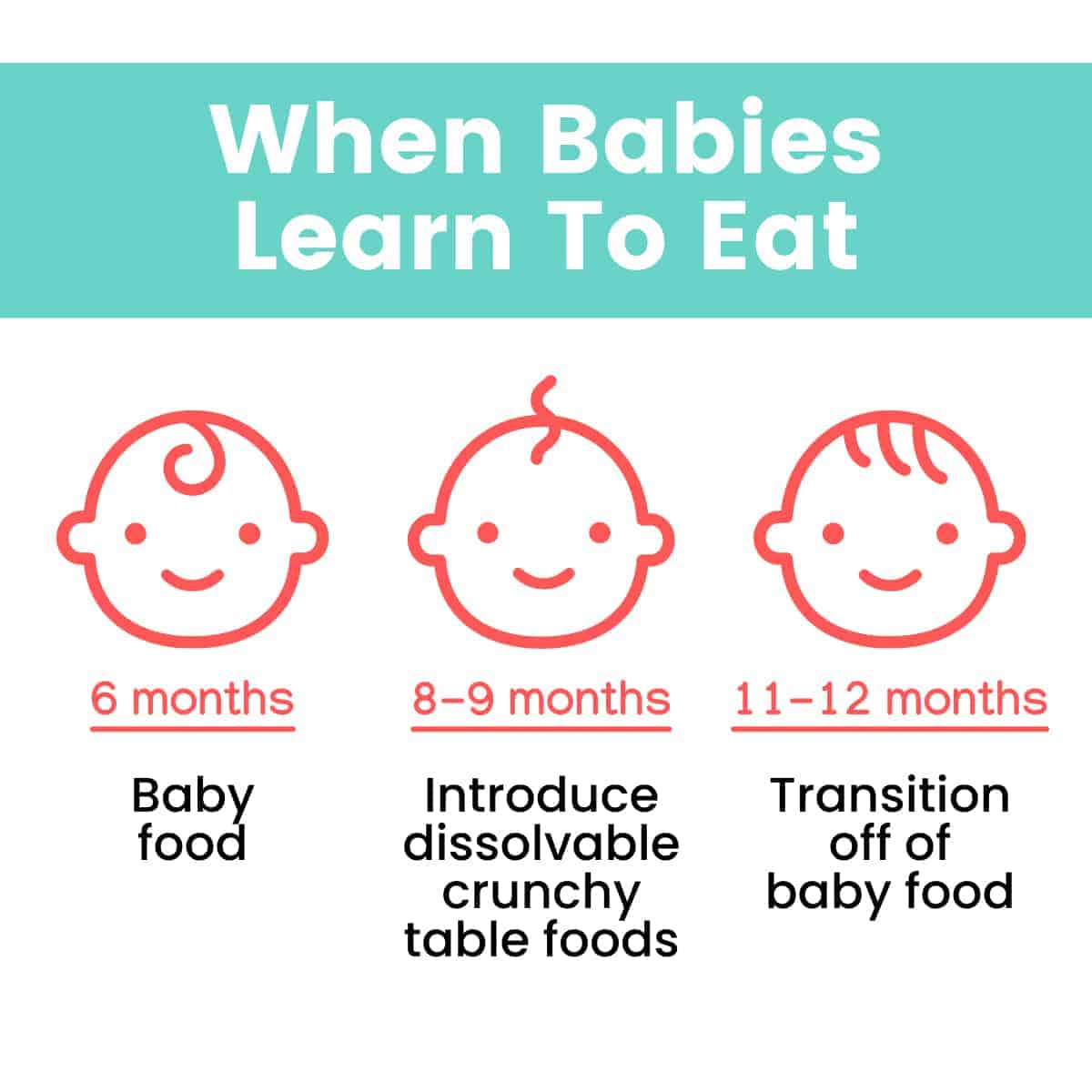Discover various information about Why Do Babies Eat Their Hands At 3 Months here, hopefully fulfilling your information needs.

Why Do Babies Eat Their Hands at 3 Months?
As a parent, there are countless moments where you’ll find yourself in awe of your little one’s development. From the first smiles to the inevitable babbling, each milestone marks a precious chapter in their journey. However, one peculiar habit that often arises around the three-month mark is the seemingly incessant hand-to-mouth exploration.
Rest assured, this behavior is perfectly normal and actually a sign of your baby’s blossoming capabilities. Let’s dive into the fascinating reasons behind why babies eat their hands at three months and explore what it means for their physical, cognitive, and emotional development.
Self-Exploration and Sensory Development
From the moment babies are born, their noses, mouths, and hands act as their primary tools for learning. They use these senses to explore their surroundings, understand their bodies, and make sense of the world around them.
When babies eat their hands, they are fulfilling an innate need for self-discovery. They are becoming aware of the different textures, shapes, and tastes associated with their own fingers and hands. This tactile exploration helps them develop fine motor skills and hand-eye coordination.
Teething Relief
Around three months, many babies begin the teething process. This can lead to discomfort and pain in their mouths. Sucking on their hands or other objects can help relieve this discomfort by applying pressure to the gums.
The massaging motion of the sucking action can soothe the inflamed gums and provide temporary relief. It’s important to note that this behavior is not a reliable indicator of teething, as some babies may simply be exploring their mouths.
Cognitive Development
Eating their hands also plays a role in a baby’s cognitive development. As they explore their hands with their mouths, they are learning about cause and effect. They realize that their actions have a direct impact on the sensations they experience.
This early understanding of cause and effect is a fundamental building block for problem-solving and logical thinking. It encourages babies to experiment and interact with their environment in new ways.
Emotional Comfort
In addition to the physical and cognitive benefits, sucking on their hands can also be a source of emotional comfort for babies. When they feel distressed, tired, or overstimulated, they may turn to their hands for self-soothing.
The rhythmic motion of sucking and the familiar sensation of their own hands can help calm and relax babies. It’s a form of self-regulation that helps them cope with various emotional states.
Tips and Expert Advice
While hand-to-mouth exploration is a normal part of a baby’s development, it’s important to maintain good hygiene practices. Wash your baby’s hands regularly and offer them a variety of safe objects to chew on, such as teethers or toys.
If you have concerns about your baby’s hand-eating behavior, such as if they are excessively sucking or biting their hands, consult with a healthcare professional. They can rule out any underlying medical conditions and provide guidance on appropriate strategies.
FAQs
Q: Is it okay for babies to eat their hands?
A: Yes, it is normal and beneficial for babies to eat their hands at around three months of age.
Q: What are the benefits of hand-to-mouth exploration?
A: It aids in self-discovery, sensory development, teething relief, cognitive growth, and emotional comfort.
Q: When should I be concerned about my baby’s hand-eating behavior?
A: If your baby is excessively sucking or biting their hands, or if it seems to be causing pain or discomfort, consult a healthcare professional.
Conclusion
The urge to eat their hands is a common and essential developmental milestone for three-month-old babies. It’s a testament to their innate curiosity and growing awareness of the world around them. By understanding the reasons behind this behavior, we can support and nurture our little ones as they embark on this exciting journey.
Are you interested in learning more about infant development and milestones? Share your thoughts and questions in the comments below, and let’s continue the conversation!

Image: yourkidstable.com
Thank you for visiting our website and taking the time to read Why Do Babies Eat Their Hands At 3 Months. We hope you find benefits from this article.